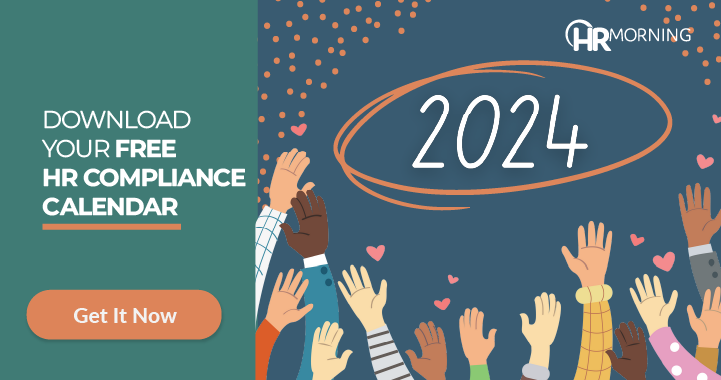Performance management theory and practice is among the fastest-evolving areas of human resources.
New research from corporate performance think tanks reflects recent psychological insights into the power – and drawbacks – of how we provide performance feedback to employees.
Fight or flee?
Most of us are familiar with the concept of the “flight or fight” response to anything that is perceived as a threat. That response comes from one of the oldest and least evolved structures in the human brain.
Unfortunately, although understandably, most humans respond to even well-intentioned criticism much the same way they’d react to a physical threat — they switch from thinking to reacting.
And that isn’t a one-way street. Research shows that both giving and receiving feedback are stressful — they feel like conflict and we prepare and react accordingly.
That has a real impact on how employees — and supervisors — perceive performance management, whether that’s in the form of an annual sit down that ends with numerical rankings or continuous communication models where supervisors are giving regular feedback to workers on a weekly or even daily basis.
Flipping the feedback loop
So, is there a solution to this deeply seated, brain-based problem? According to research published by the NeuroLeadership Institute (NLI), the trick is to flip the feedback loop on its head.
Instead of structuring performance discussions around GIVING feedback, the researchers recommend training everyone — employees, supervisors, managers and execs —to instead ASK for feedback on a regular basis.
That puts the asker in a position of control and reduces the stress reaction. It also means that everyone needs to think about specific aspects of the job they want to discuss.
NLI’s research indicates that encouraging a common habit of thoughtful and honest communication by changing your feedback model can help form a healthy organizational culture.
Fresh approach
Other research by the Institute for Corporate Productivity (i4cp) and the Center for Effective Organizations (CEO) supports that idea.
Its data show that, when positive and productive goal setting, performance assessments and career development conversations result in better employee motivation, engagement and retention, organizational and financial results improve.
HR pros often struggle to get managers and employees to treat performance management as a positive opportunity for growth rather than an unavoidable, but deeply uncomfortable, ritual.
Taking a fresh approach to how you think about feedback might make a real difference.


